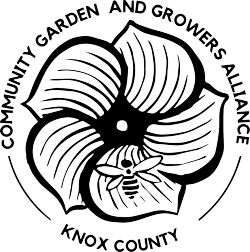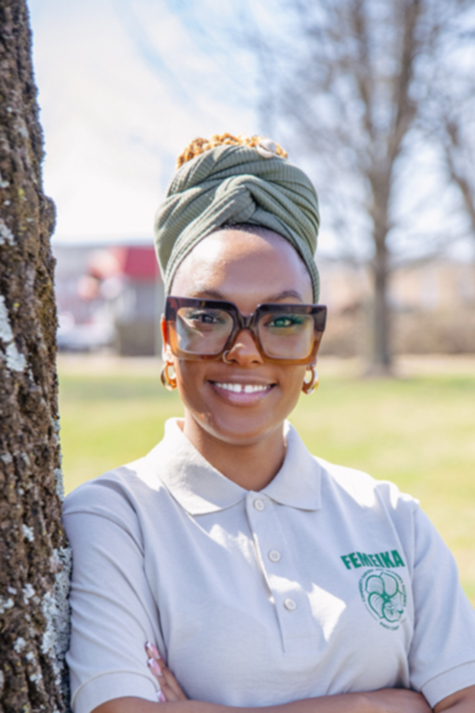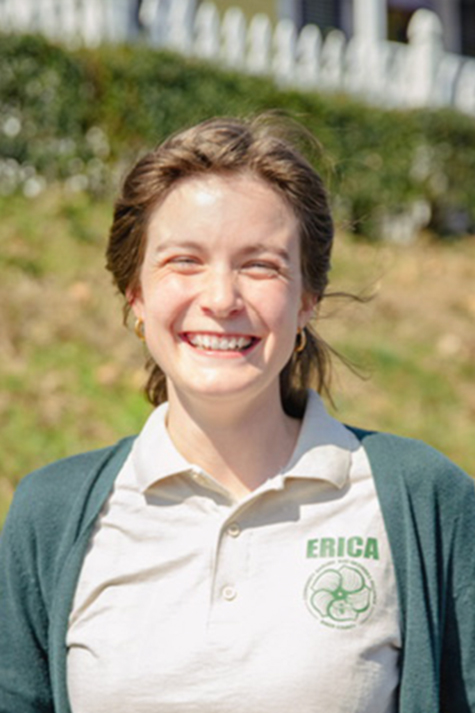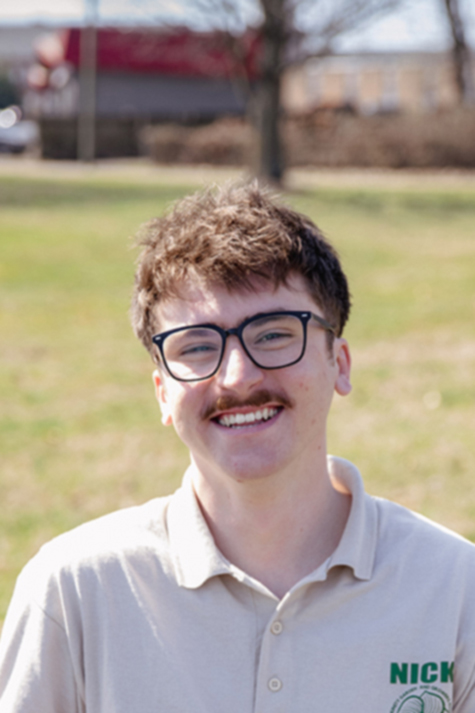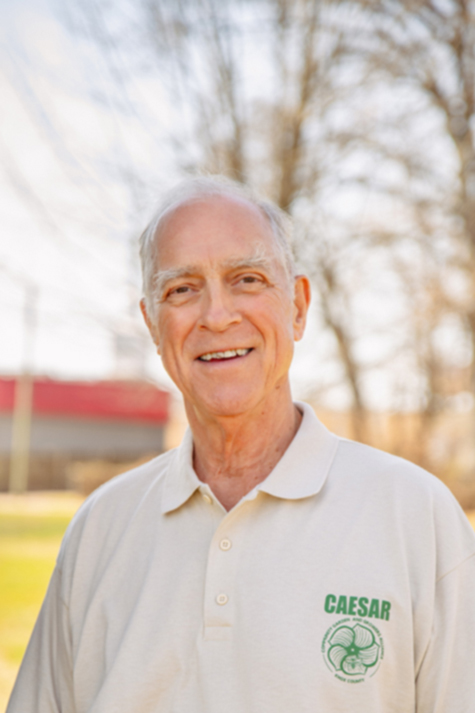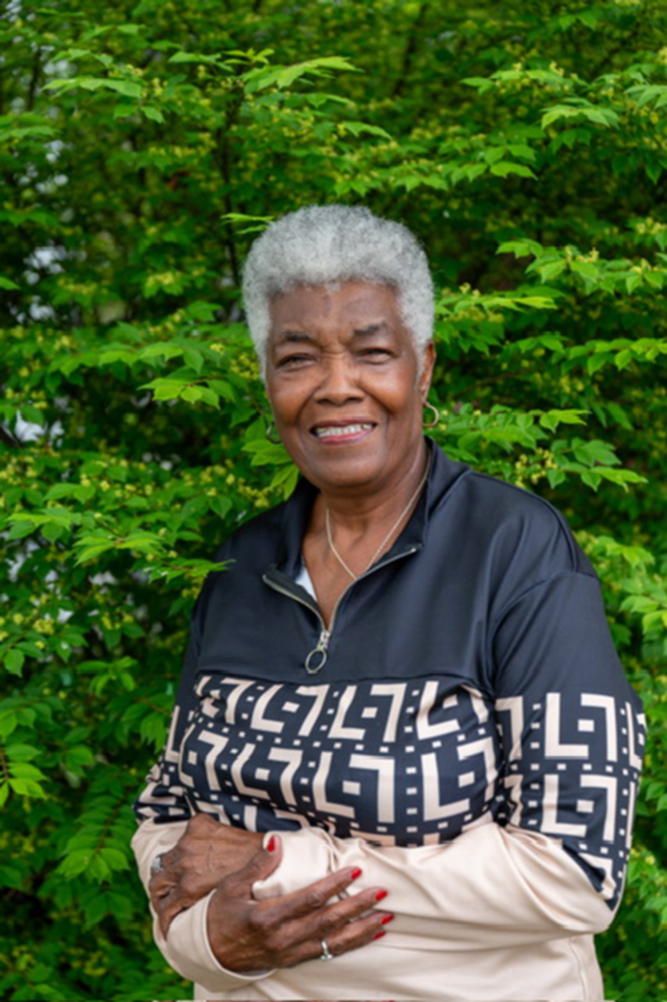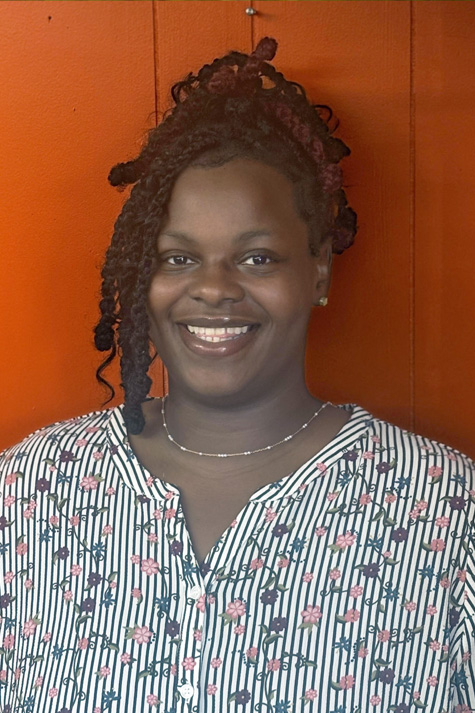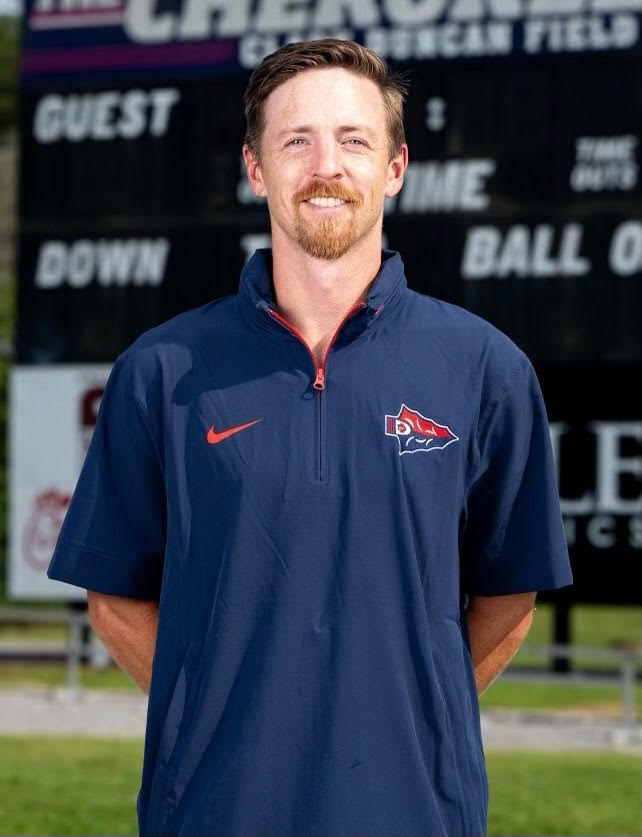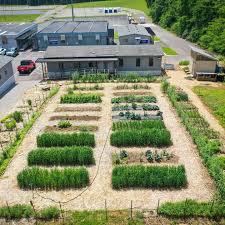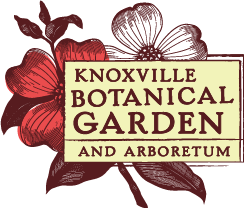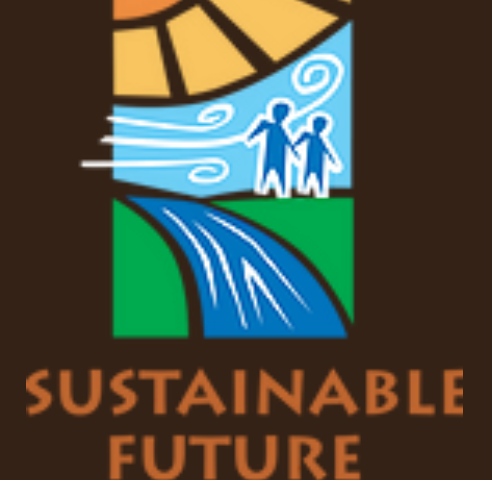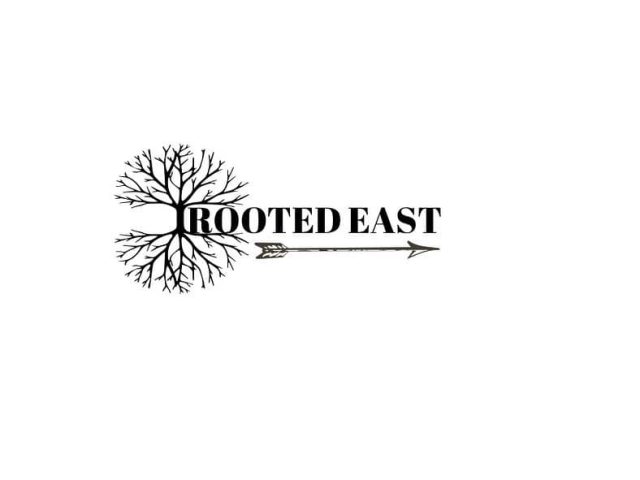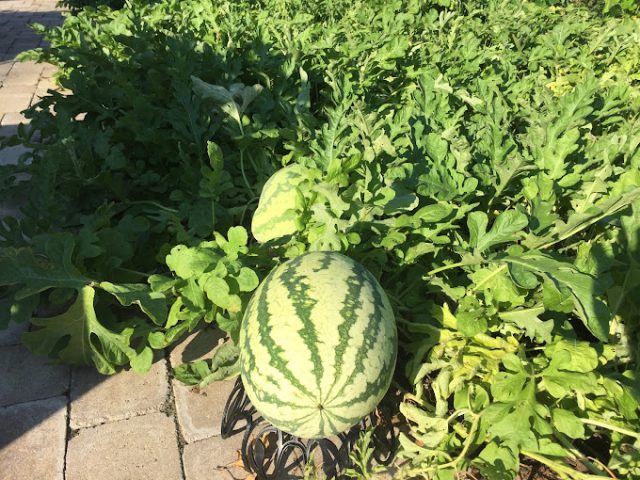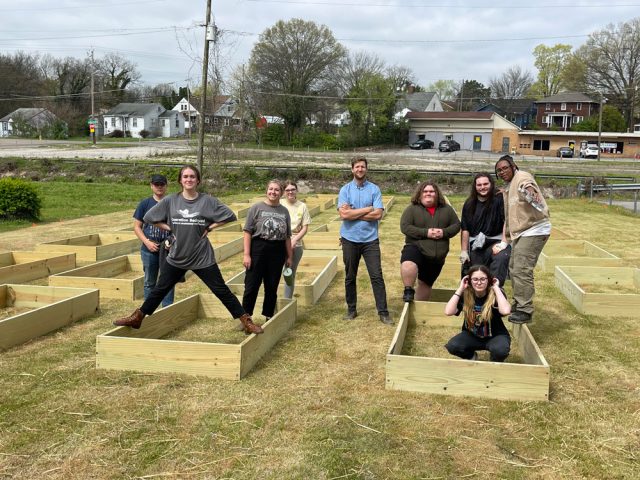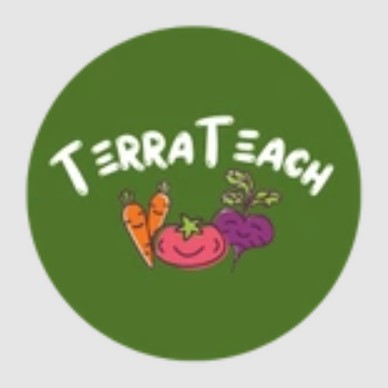About the “Alliance”
We are a community-driven organization dedicated to fighting and eliminating food insecurity and promoting healthy living. Our initiative focuses on building community gardens, educating our members on gardening and healthy living, and distributing fresh produce to the community. Through our programs and partnerships, we seek to create a sense of community, purpose, and hope. We plan to track the total number of pounds grown, harvested, and distributed to the community, as well as the pounds of produce contributed by our members, to measure the success of our approach. A byproduct of our work is that it will preserve, restore, and enhance pride in the beauty, productivity, and creativity of our community.
We believe that by having easy access to healthy, fresh produce, individuals’ physical and mental health will improve. Our focus on education and youth development is at the core of our mission, and we plan to partner with other organizations to create a food/community/education center to support their programs. We invite you to join us as a member and help us make a difference in our community. By becoming a member of the Alliance, you will have access to our educational programs, community events, and gardening resources. You will also be part of a community that shares your commitment to fighting food insecurity and promoting healthy living. As a member of the Alliance, you will be included in our directory of local gardens and growers, where you can connect with others in your community who share your passion for gardening and healthy living. We believe that by working together, we can make a significant impact on the health and well-being of our community and eliminate food insecurity.
Thank you for learning more about the Alliance. We invite you to join us as a member and be a part of our efforts to make a difference in our community.
Alliance Staff
Alliance Board of Directors
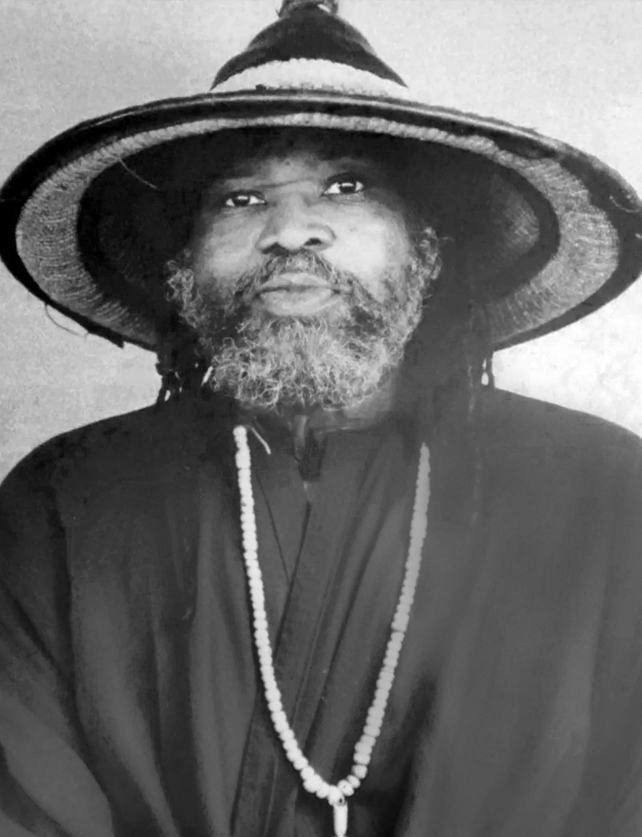
Umoja O. N. Abdul-Ahad
Board Member
Frequently Asked Questions
What is the need?
The need is to try to eliminate the food insecurity in the food desert that is the 37914/37915 ZIP Code areas. These areas experience food insecurity at a rate of 26% compared to the overall food insecurity rate of 11.4% for Knox County. 37915 ranks 5th in most impoverished ZIP Codes in Tennessee at 53.8%.
55% of those surveyed through the United Way of Greater Knoxville TANF Planning Grant experienced food insecurity within the last year, meaning they did not know where their next meal was coming from. 69% identified affordable food as a need. These percentages stand in stark contrast to the poll conducted annually among a representative sample of Tennessee parents across the three grand divisions of the state by the Vanderbilt Center for Child Health Policy which found that 41% of families reported low or very low food security, up 31% from last year. The poll also showed persistent disparities in who experiences food insecurity, with 51% of black families reporting food insecurity compared to 39% of white families.
How has this need been determined?
The need has been determined through canvassing and contacting numerous leaders, organizations, churches, and residents of the 37914 and 37915 areas. The community wants and needs more community gardens and fresh produce to try to eliminate the problem of living in a food desert (defined by the USDA as areas with a poverty rate of 20% or greater and low access to healthy foods, meaning more than 1 mile from a supermarket), and with food insecurity, (defined as “a lack of consistent access to enough food for every person in the household to live an active, healthy life”).
What is the current goal?
The current goal is to partner with and support grass roots organizations, such as Battlefield Farm and Gardens, and churches in the community to bring on at least two new community gardens producing a total of 5000 pounds of fresh produce in 2024, 6500 pounds in 2025, and 8500 pounds in 2026, for a total of 20,000 pounds at the end of three years. In 2023 a 36 raised bed community garden was opened at 2723 Louise Avenue (Pastor Richard S. Brown Community Garden) on property owned by Payne Avenue Missionary Baptist Church and an additional 64 beds were added there in 2024. In 2025, Community Evangelistic Church, 2640 Boyds Bridge Pike, and Mount Zion Baptist Church, 2714 Brooks Avenue, will open a joint community garden and Mount Olive Baptist Church, 1601 Dandridge Avenue, will open its community garden. The plan is to open at least two new community gardens each year.
How would your donation and support impact our goal?
Your donation and support will help us achieve our goal of providing 20,000pounds of fresh produce to those living in the 37914 and 37915 underserved areas by the end of 2026. Financial support is crucial to ensuring the timely completion of this ambitious goal since funding is the only obstacle. Your donation will help pay for the capital costs to build, open, and maintain a community garden, consisting of raise beds, water and irrigation systems, fencing, and other necessities. The installation of at least two new community gardens each year over the next three years and adding full-time and part-time employees, mostly young people from the impacted areas, will require substantial additional funds.
What is the timeline for the work?
The first community garden consisting of 36 raised beds at 2723 Louise Avenue has been completed. 64 more raise beds were added in 2024, as well as 27 raised beds at Battlefield Farm’s Concrete Community Garden, 107 South Chestnut Street, and 23 beds at Lennon-Seney United Methodist Church, 2084 Dandridge Avenue, for a total of 150 raised beds. The plan is to add two more community gardens in 2025 and two more in 2026, resulting in 20,000 pounds of fresh produce being grown and distributed to those facing food insecurity and living in a food desert in the 37914/ 37915 areas by the end of 2026.
What will be the impact of this project?
Completion of this project will positively impact the community at large, both in the short term and long term, particularly those who currently live in a food desert area and with food insecurity, meaning “they do not know where their next meal is coming from.“ It will eliminate the comment of one recent recipient of fresh produce from Second Harvest who exclaimed “ I have not had fresh produce in years!” Through the distribution of 5,000 pounds of fresh produce in 2024, 11,500 pounds in 2025, and 20,000 pounds in 2026, the recipients will eat healthier and more nutritious meals, resulting in better physical and mental health. Participants who spend time learning in the community gardens and in the project’s educational programs will be equipped and able to grow their own produce in their own garden on their own property. Growers will be more efficient and more productive with their gardening. Relationships will be formed, life lessons will be learned, and a real sense of community, purpose, and hope will be established, nourished and flourish. The project will be extremely strong on education and youth development. These gardens will preserve, enhance, and restore the pride in the beauty, productivity, and creativity of the community. Having easy access to healthy, fresh produce, will benefit the mental health, as well as the physical health, of every individual who participates in this program. Good mental health relies on a number of essential elements, such as shelter and clothing, but the most critical ingredient is food – good, healthy, fresh produce. That is what this project will provide, and, while probably hard to measure, it will have a huge impact on the health, both mental and physical, and welfare of the community it intends to serve. It is easy to forget, but for many a plate of fresh produce is a plate of hope.
How will we track outcomes and measure success?
The plan will be to track the total number of pounds of fresh produce grown, harvested, and distributed to the community from the new community gardens supported by the Alliance, as well as pounds of produce contributed to the community by our members. We will track the number of our members, the number attending our educational and other related meetings and programs, and our volunteers, and the number of hours contributed by them. We will track the number of people, and gather as much of their contact information as possible, particularly their ZIP Codes, who receive produce from and are served by us and our members.
